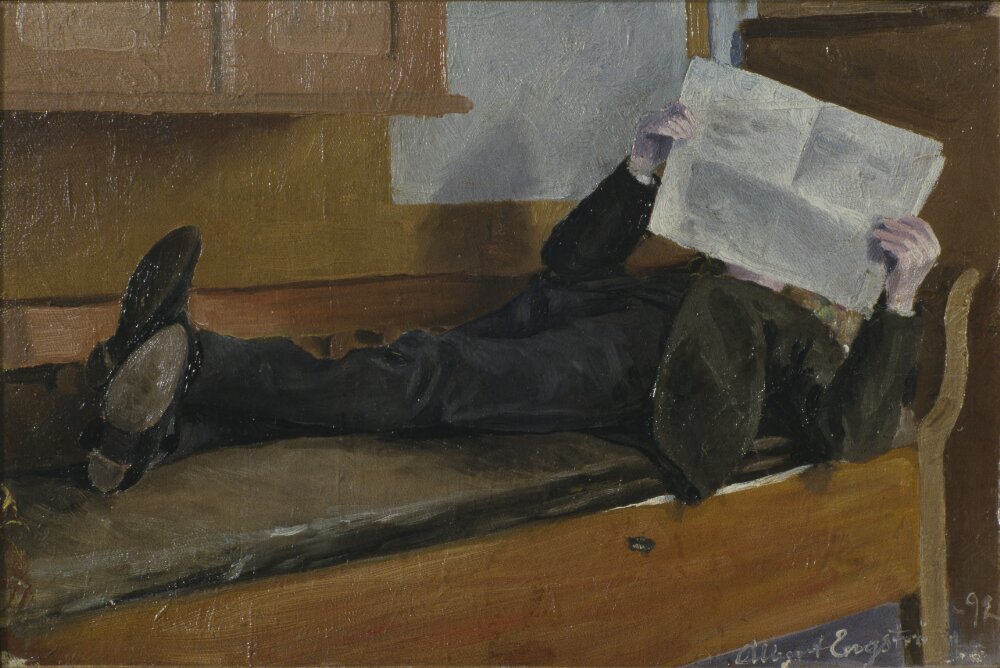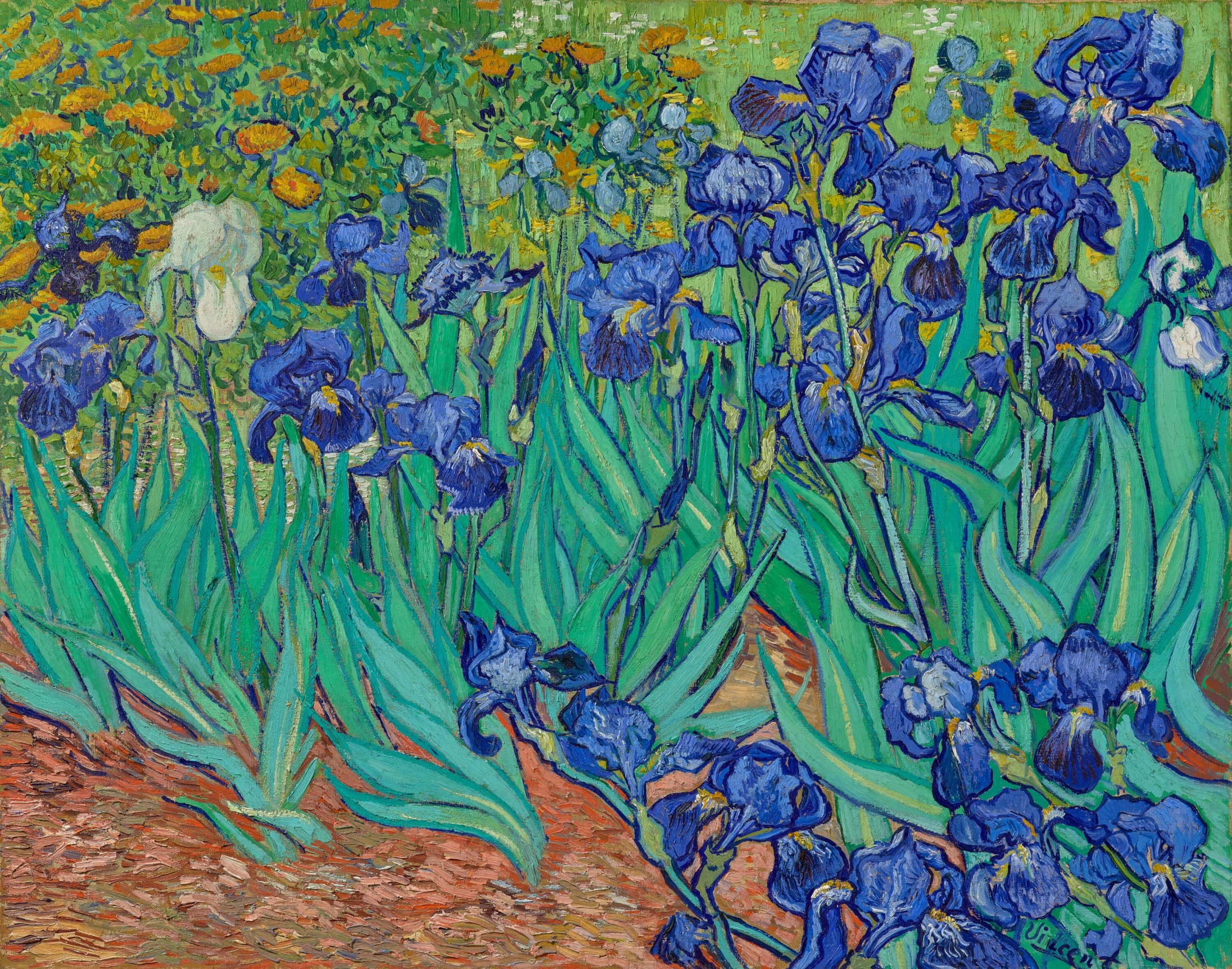CC’s take on the European Media Freedom Act
jeudi 4 avril 2024 à 18:05
What are the EMFA’s objectives?
The proliferation of digital services has exponentially changed the way in which we engage with information, bringing both opportunities and challenges. In an increasingly digital world, the dual threats of mis- and disinformation are a huge challenge for democratic societies, especially at a time when almost half of the world will hold elections in 2024. And as we look at how media consumption evolves over time, many more citizens are now consuming their information online. In this context, the primary objectives of the EMFA are to ensure media plurality, as well as editorial and functional independence of public media, and to protect journalists across the EU.
Misinformation is the sharing of inaccurate information. Disinformation is the sharing of inaccurate information, with the intention to mislead.
CC’s support for journalists
Access to verified information is a basic human right and an issue we care deeply about at CC, especially as part of our work on Open Journalism. In 2023, we published A Journalist’s Guide to Creative Commons, which offers practical advice on how to make the most out of CC licenses in journalism and encourages journalists to openly license their outputs.
We find that CC-licensed news articles can dramatically increase their spread. The Conversation, a nonprofit network of eight international news sites publishing hundreds of useful articles of news and analysis each week under CC licenses, reports that around 60% of their readership comes from republished articles. Furthermore, small news outlets, lacking budgets for image subscriptions, turn to CC-licensed images on platforms like Flickr for free access to media.
Policy engagement with the EU
Starting with our Statement on the Introduction of the EU Media Freedom Act, we have provided context and input into the EU policy making process regarding the costs and risks of disinformation, through parliamentary hearings and engagement on the EMFA text itself. We have outlined how our licenses and our community-based work can support free and fair access to pluralist media content as well as defend independence of information for citizens, whether they access their information through more traditional channels (TV, radio, newsprint) or more modern, digital channels.
Our efforts centered on Article 17, which introduced the so-called “media exception,” thus creating special privileges for some incumbent, traditional media such as commercial newspapers and broadcasters. We argued that such a provision would disfavor smaller and independent creators, interfere with policies aimed at protecting users from harmful information, and have implications for how all people are able to share their creativity and knowledge online.
EMFA: A positive step forward but not the end of the road
While we welcome adoption of the EMFA, we believe the EU must remain active and vigilant in the fight against disinformation, resolute in its defense of independent journalism, and tireless in its defense of media plurality. We remain concerned about several aspects of the EMFA, particularly around the “media exception,” including:
- Public media should not get a lighter treatment than private media: We believe that public media do not inherently have lower risks of disinformation. So while we welcome the provisions on ownership transparency, we feel the text still falls short in providing lighter touch provisions for state-owned, state-funded media outlets which may hide behind domestic standards bodies and regulators.
- Traditional vs new media – same standards should apply to both: We remain unconvinced by the inferred assumption that public channels, which often tend to be “traditional” media outlets such as radio and TV, are more “reliable” than private media outlets, in particular digital ones. Citizens have a right to expect that all media, irrespective of ownership structure or interfaces used, should respect the same norms and standards.
- Content moderation provisions risk exacerbating dis- and misinformation: We support the premise that decisions on content moderation by all operators, including very large online platforms, do not per se negatively affect media freedom. However, we fear the 24-hour “must-carry” obligation could have the perverse effect of allowing dis- and misinformation to spread further and faster. The “going viral” nature of social media and platforms is a challenge to balancing content moderation vs. robust controls to limit arbitrary removal of information. Despite the EMFA’s creation of an appeals process, the final text still lacks appropriate checks and balances to ensure content moderation can be practically enforced in a robust, proportionate way across all platforms. We also fear this could risk undermining the Digital Services Act implementation and encourage other stakeholders to request similar privileges in content moderation policies, creating a patchwork of potentially inconsistent rules.
In short, we strongly believe journalism provides a crucial public service. Access to verifiable information and stories that question the underlying terrain of power is critical to all democratic societies. Open-access information provides the strongest collective bulwark against the societally corrosive effects of mis/disinformation in the public arena.
While the EMFA may not be applicable by the time EU citizens cast their votes in June this year, we applaud the EU’s efforts to strengthen its regime in this important area. CC will continue to engage with policymakers to enhance the sharing of knowledge and defend the basic rights and freedoms enshrined in the EU acquis.
For more information on our work on policy and on open journalism, contact us at info@creativecommons.org.
The post CC’s take on the European Media Freedom Act appeared first on Creative Commons.

